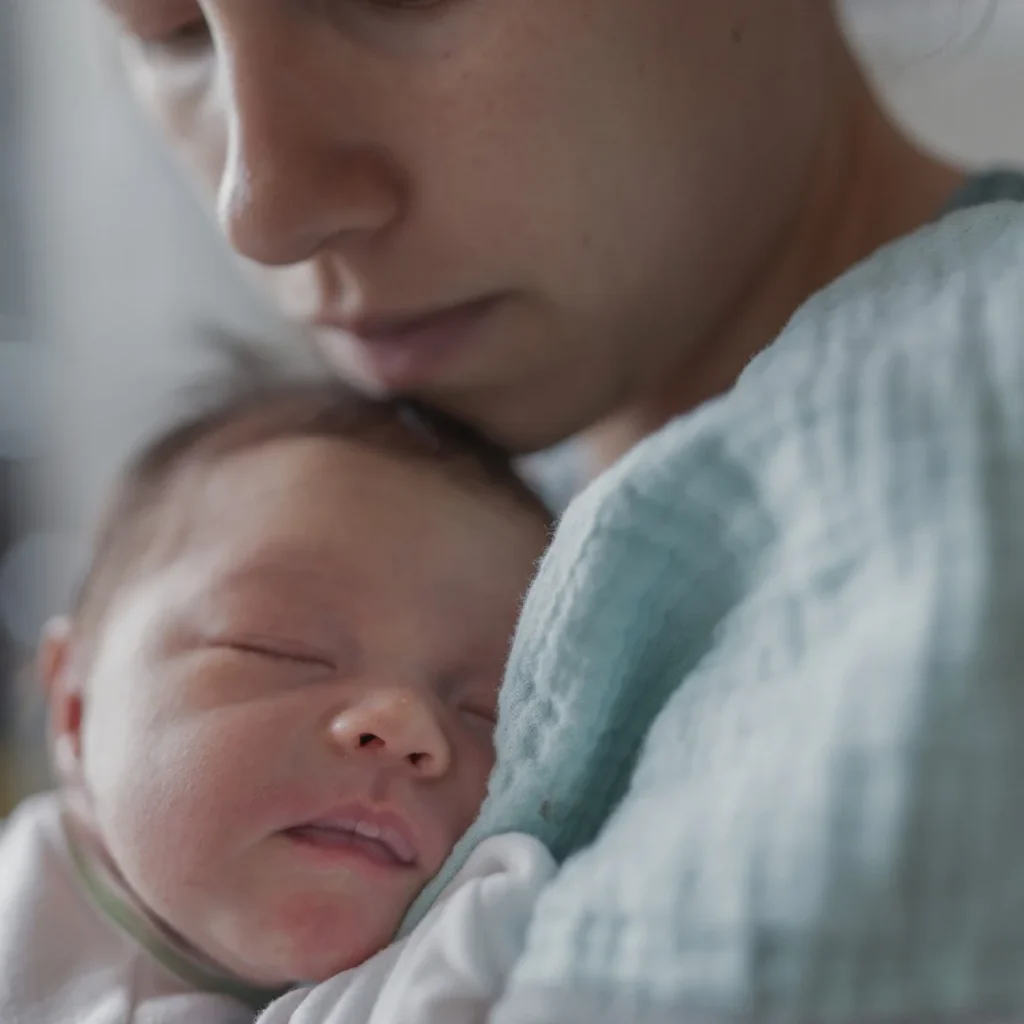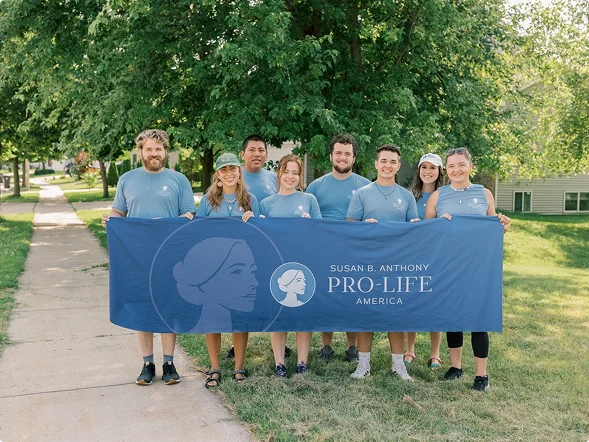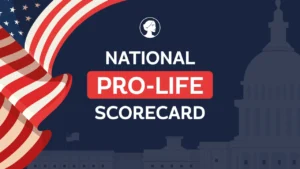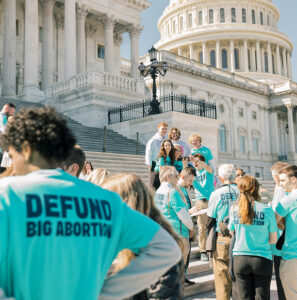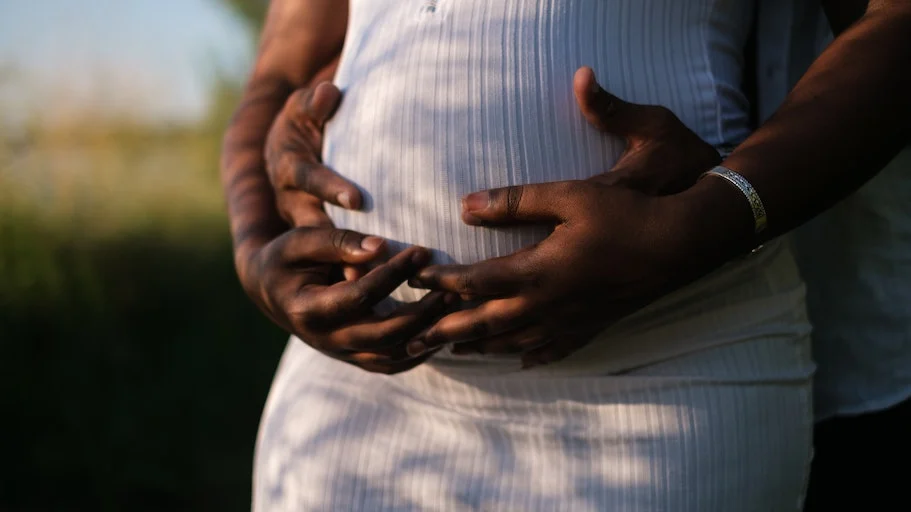After the U.S. Supreme Court heard the Biden-Harris administration try to explain why Idaho doctors should have to carry out abortions that are illegal under state law earlier this year, the case of U.S. v. Idaho went back to the appeals court, leaving the state’s strong pro-life protections in place. The case fell off the public radar for a while, but in a California courtroom on Tuesday, arguments continued.
Background: Not the Clinton-Obama court anymore
With headquarters in San Francisco, the huge 9th Circuit covers nine western states. Before President Trump, the 9th had a reputation as the country’s most liberal appeals court. But balance is returning after President Trump appointed 10 judges, about 1/5 of the court, in his first term.
Idaho stands strong for babies and women
Large-scale legal arguments centered on the way federal and state laws interact: the federal government offering money in exchange for desired behavior (Spending Clause), and the principle that federal laws take precedence over conflicting state laws (Supremacy Clause).
The State of Idaho and its legislature assert that there’s no actual conflict between the federal Emergency Medical Treatment and Active Labor Act (EMTALA) – which never mentions abortion, but specifically names unborn children as patients four times – and its Defense of Life Act, only in the way the Biden-Harris administration interprets the law, and that the federal government has failed to prove its case.
Here are five other big takeaways from arguments:
1. No leg to stand on?
Hypothetical scenarios played a large role. A few minutes in, Judge Milan Smith asked, what if a woman would lose her legs if she did not have an abortion, but she was short of dying? Would Idaho’s law allow treatment? He brought it up again later.
We asked Dr. Ingrid Skop, a practicing ob-gyn for over 30 years, how realistic that is. Her answer: not very. The same conditions, like sepsis or blood clots, that would cause a woman to lose legs could also kill her, and doctors couldn’t know for certain what the outcome of a serious complication will be, but they are empowered by the state to intervene if they believe it is necessary. As the Idaho Supreme Court made clear when it upheld the Defense of Life Act against Planned Parenthood, there’s no requirement to wait until a woman is at death’s door to intervene. Doctors can use their good-faith medical judgment. No pro-life state law anywhere in the country requires imminence or certainty to save a woman’s life.
2. Maternity care deserts: a poor argument for abortion is back
Judge Salvador Mendoza Jr. referenced a hospital in Sandpoint, Idaho that closed its obstetrics department and expressed concern that women could be “bleeding out” for lack of services. The Sandpoint closure generated a lot of heat in the media. But as we’ve previously covered, there are too many reasons for the closure of maternity wards – a long-term trend happening in blue states as well – to put simplistic blame on pro-life laws.
Idaho’s legislature agrees that allowing women to bleed out in the ER would be malpractice. But, they counter, EMTALA isn’t a fix for the broader problem of doctor shortages and care deserts.
3. Emergency airlifts for abortions?
Another explosive claim is that women had to be airlifted out of Idaho to receive emergency abortions. The Supreme Court’s liberal justices chastised Idaho for allegedly picking and choosing which emergencies to treat and forcing doctors and patients to suffer unimaginable choices. On Tuesday, the Biden-Harris DOJ brought it up again.
But Idaho’s opponents come up short on evidence. As The Washington Times reported last month:
The state, in a brief filed in a federal appeals court, said St. Luke’s, the state’s largest hospital and the one that made the claim, has not been able to back it up. In a deposition, the hospital’s representative said she couldn’t say why the women were airlifted.
At least one of the cases ended with the birth of twins in “very much a wanted pregnancy,” not the emergency abortion St. Luke’s had suggested…
Idaho Attorney General Raul Labrador said, “At the U.S. Supreme Court and in the 9th Circuit, the administration has repeated St. Luke’s hospital’s unsubstantiated claim that Idaho’s law required women to be emergency airlifted from our state to obtain an abortion. But when questioned under oath, St. Luke’s admitted it did not know why the women were transferred.”
4. Organs and ethics
Judge Lawrence VanDyke posed questions about the role ethical considerations play in determining what treatments are available under state law – for instance, if a surgeon is preparing to transplant an organ but finds out it was illegally/unethically procured. The DOJ appeared to argue that only medical considerations should play a role, which got strong pushback.
At one point, the administration’s attorney confessed she was struggling with VanDyke’s hypothetical because “organ transplants do not occur in emergency rooms, and EMTALA is an emergency room statute.” But ERs generally aren’t set up to be abortion facilities, either.
Dr. Skop’s take: “Another bizarre argument…if surgery is needed, the patient is usually taken to the operating room in today’s world. An ER doc might help a woman out if there is no ob-gyn, but generally, the ob-gyn specialist is called in whenever possible. Most initial evaluations happen in the ER, but if a woman is in labor, for example, EMTALA requires that she be moved to labor & delivery for the treatment she needs.”
5. What happens now?
The judges will have to sort out 1) which reasoning(s) they want to focus on, 2) how the votes land, and 3) who writes the opinion, concurrences and dissents. That will take some time. With President Trump and his nominees pledging to end lawfare, it is entirely possible the incoming administration will stop pursuing the case. The 9th Circuit is clearly aware of that possibility.
The State of Idaho, however, knows wait-and-see is not the right approach when its people are threatened every day by the Biden-Harris administration’s overreach. Led by Attorney General Labrador, they’re strongly defending their pro-life law. In November Americans resoundingly rejected the Democrats’ weaponization of the federal government to push an extreme pro-abortion agenda, and it’s time for their unjust distortion of the laws to end.

